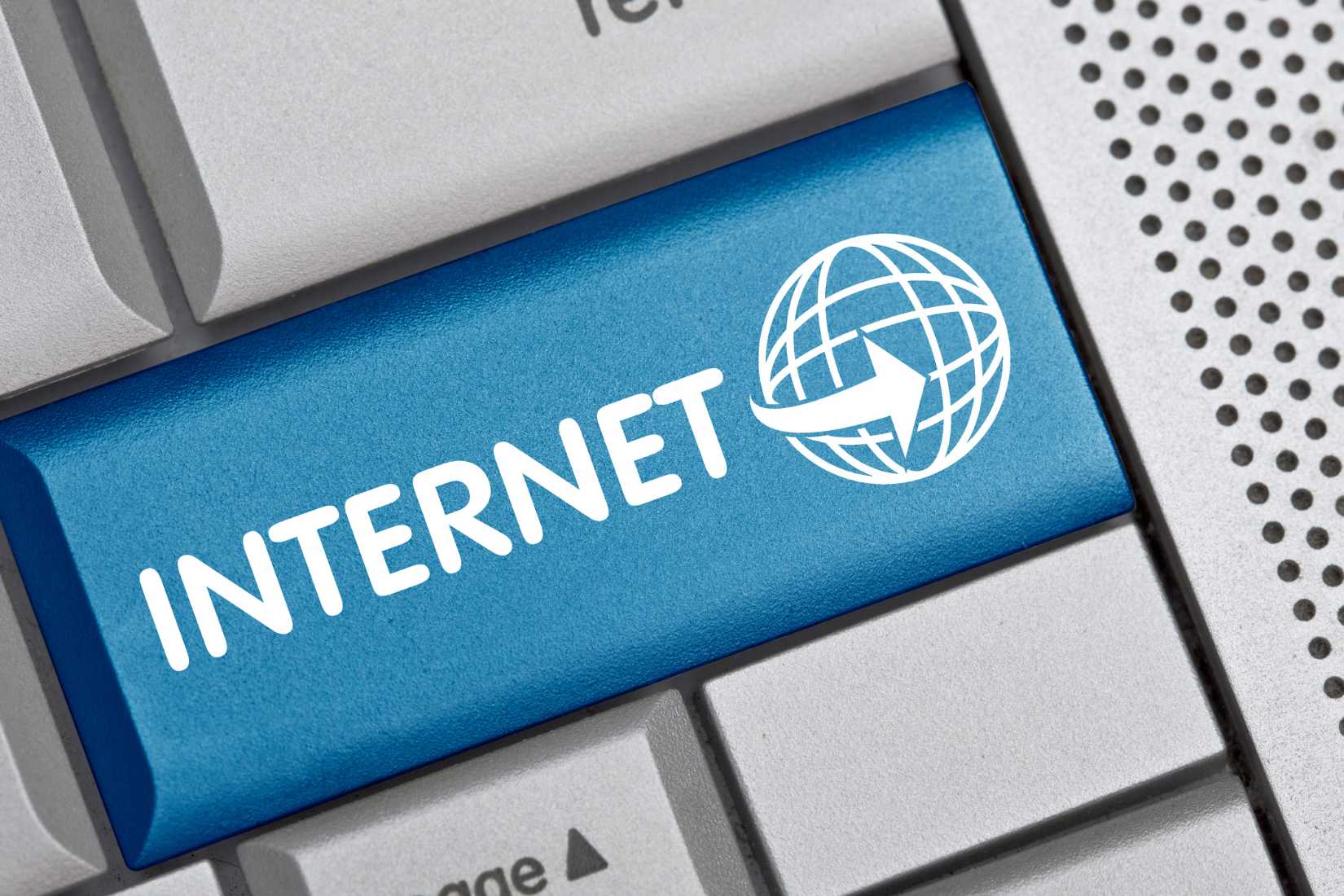[ad_1]

The Mobile Operators Affiliation of India (COAI) has known as for the necessity for income sharing by the OTT (over-the-top)platforms with the telecom service suppliers (TSPs). COAI’s reasoning behind that is that the OTT calling and texting apps similar to WhatsApp and Telegram supply the identical providers to the customers because the TSPs, however they do not need to pay any levies to the govt.. Whereas the TSPs are topic to large levies for providing communication providers. COAI has known as the OTT gamers free riders on the networks of the TSPs. Thus, the business physique has known as for the necessity for income sharing by the OTT communication apps with the TSPs.
COAI additionally mentioned that due to the rising utilization of OTT communication apps, the load on the networks of the TSPs retains on rising, for which the telcos need to make additional investments to enhance the capability of their networks to deal with the improved load. In the meantime, the OTT communication apps need to do nothing.
Learn Extra – Telcos Needs to be Paid a Utilization Cost by OTT Gamers in India Says COAI
COAI’s Demand can be the Loss of life of the Digital Economic system
The Web & Cellular Affiliation of India (IAMAI) has mentioned that COAI’s demand for ‘income sharing’ is a covert try to dilute internet neutrality in India.
IAMAI mentioned, “Our bodies such because the Mobile Operators Affiliation of India have been advocating for a mannequin the place the sending social gathering community pays (SPNP) which might enable Telecom Service Suppliers to take advantage of web companies by formalising lease looking for. The SPNP mannequin would even be a loss of life knell for the digital financial system and the artistic ecosystem which it sustains.”
An argument that the IAMAI is making is that the demand for telecom providers is completely depending on the flexibility of the OTT providers to draw customers. Thus, if the OTT providers weren’t a lot in demand, the telcos would see much less knowledge consumption from the customers, and that may have meant decrease revenues. Additional, IAMAI mentioned that the OTT service suppliers have flourished in India as a result of the present regulatory regime permits them to distribute high-quality content material for little to no price to the customers.
Learn Extra – COAI Calls Out Huge Tech Gamers for Spreading Deceptive Propaganda
Three The reason why SPNP Mechanism is Dangerous
IAMAI mentioned that there are three the reason why the SPNP mechanism is dangerous and would reverse all the expansion that India witnessed within the digital sector/area. Check out these three causes:
1) Disincentivising development for OTT-based companies; for whom a volume-based revenue-sharing mechanism can be a glass ceiling for persevering with development and will even act as a barrier to entry for brand new startups.
2) Including a price to accessing free or low-cost content material, which might inevitably be transferred to the buyer, successfully elevating the price of web utilization.
3) Permitting carriage regulation to turn out to be content material regulation; as completely different codecs of content material have completely different implications on quantity, visitors and worth, this mechanism would, in impact, turn out to be a figuring out issue for people and companies growing and consuming content material.
So principally, IAMAI is saying that should you enhance the price of operations for the OTT service suppliers, that price will finally be recovered by the customers, and if the customers need to pay extra to make use of the web, their consumption would decrease, and that may affect the revenues of the TSPs itself.
IAMAI mentioned, “Netizens in India and overseas have repeatedly chosen to keep up internet neutrality, the rewards of which can be reaped for many years to return. Nevertheless, the reignition of this debate threatens the secure and flourishing tech ecosystem which India has developed over the past decade and can weaken India’s place as a pacesetter of the International Digital Economic system.”
[ad_2]